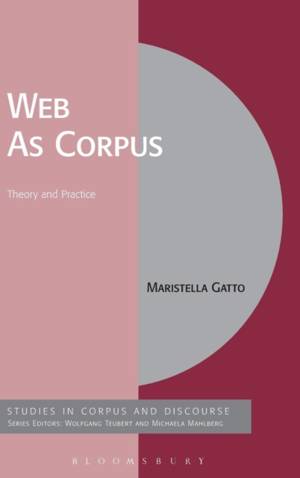
- Retrait gratuit dans votre magasin Club
- 7.000.000 titres dans notre catalogue
- Payer en toute sécurité
- Toujours un magasin près de chez vous
- Retrait gratuit dans votre magasin Club
- 7.000.0000 titres dans notre catalogue
- Payer en toute sécurité
- Toujours un magasin près de chez vous
373,45 €
+ 746 points
Format
Description
Is the internet a suitable linguistic corpus? How can we use it in corpus techniques? What are the special properties that we need to be aware of? This book answers those questions.
The Web is an exponentially increasing source of language and corpus linguistics data. From gigantic static information resources to user-generated Web 2.0 content, the breadth and depth of information available is breathtaking - and bewildering. This book explores the theory and practice of the "web as corpus". It looks at the most common tools and methods used and features a plethora of examples based on the author's own teaching experience. This book also bridges the gap between studies in computational linguistics, which emphasize technical aspects, and studies in corpus linguistics, which focus on the implications for language theory and use.Spécifications
Parties prenantes
- Auteur(s) :
- Editeur:
Contenu
- Nombre de pages :
- 256
- Langue:
- Anglais
- Collection :
Caractéristiques
- EAN:
- 9781441150981
- Date de parution :
- 10-04-14
- Format:
- Livre relié
- Format numérique:
- Genaaid
- Dimensions :
- 157 mm x 241 mm
- Poids :
- 498 g

Les avis
Nous publions uniquement les avis qui respectent les conditions requises. Consultez nos conditions pour les avis.






